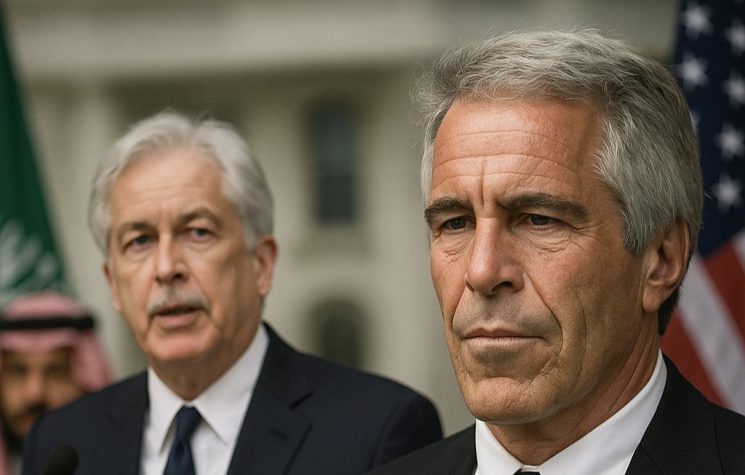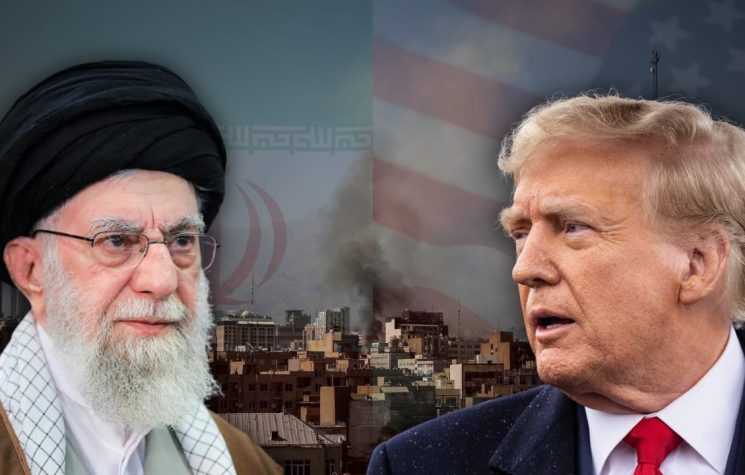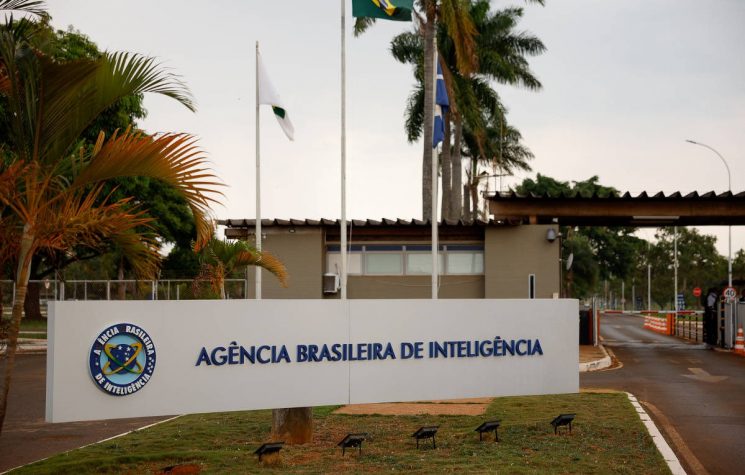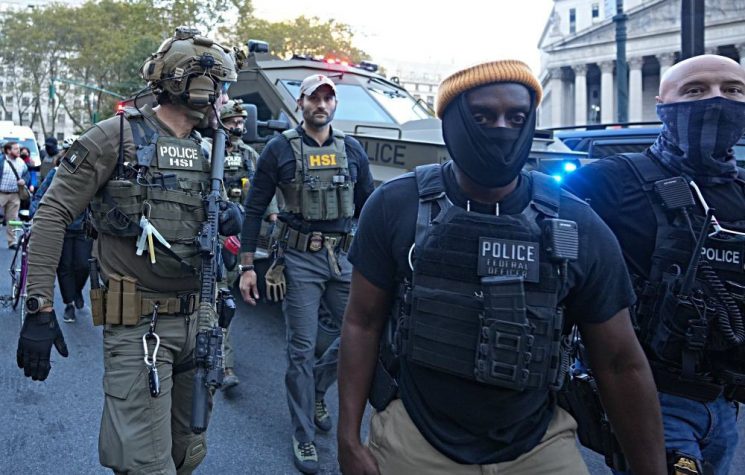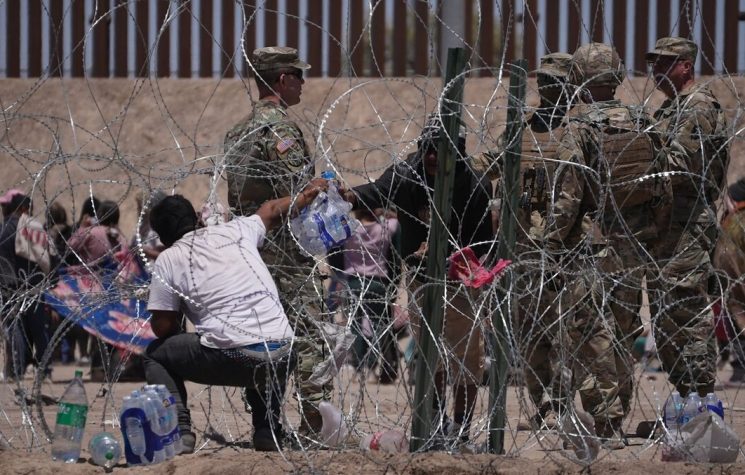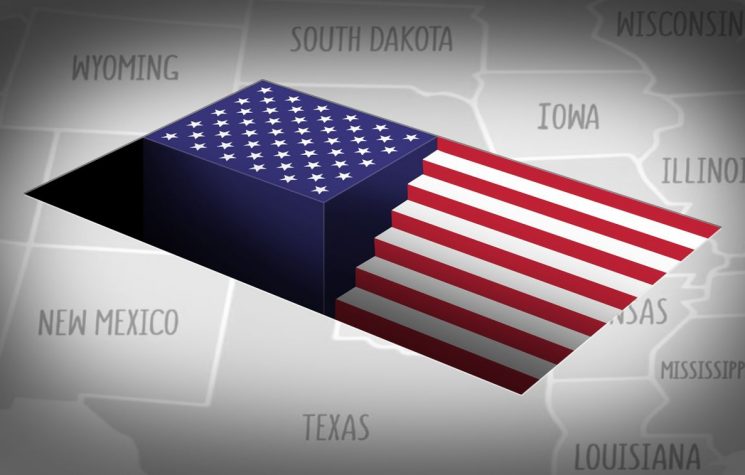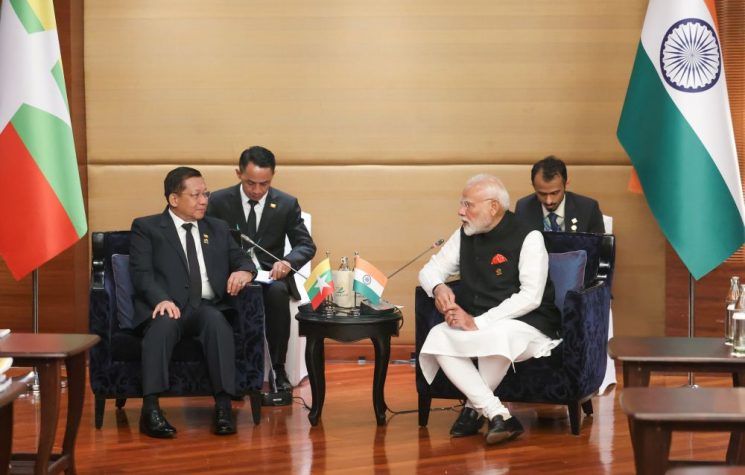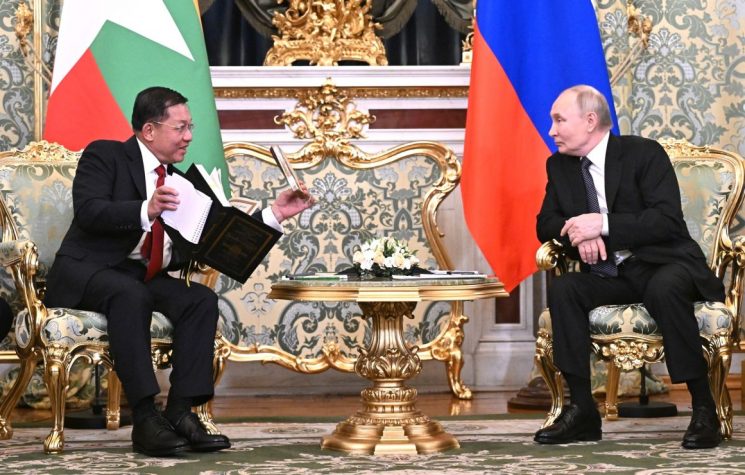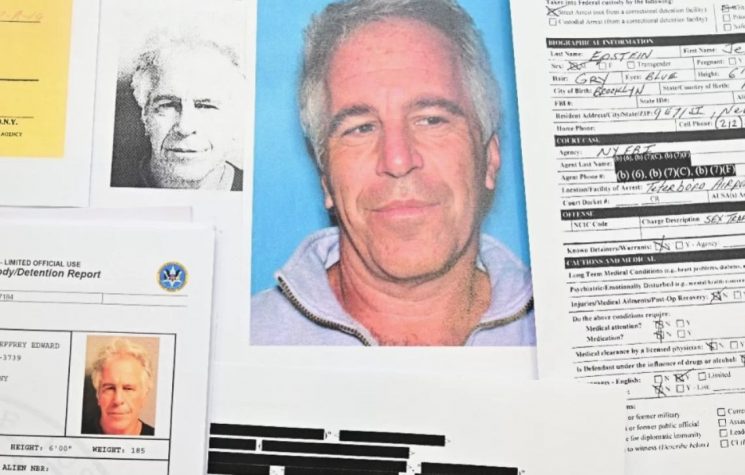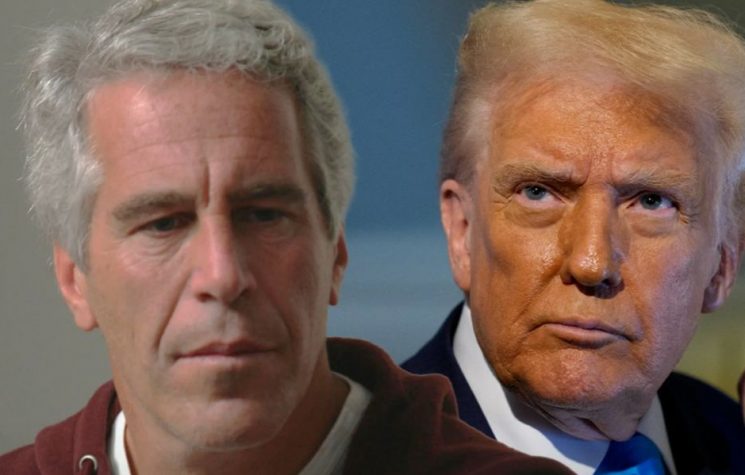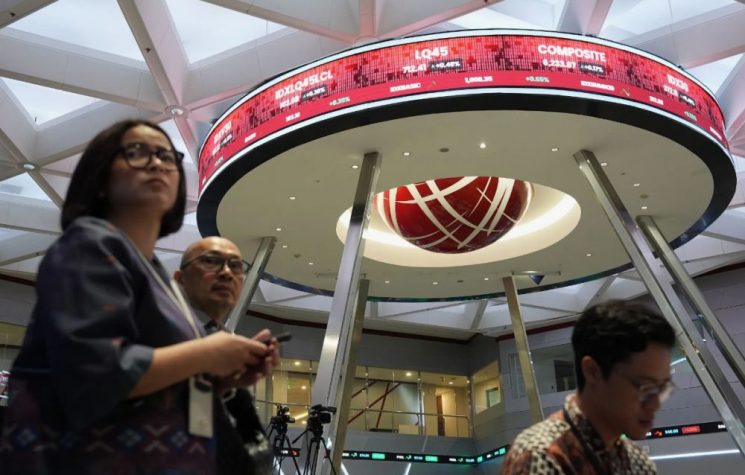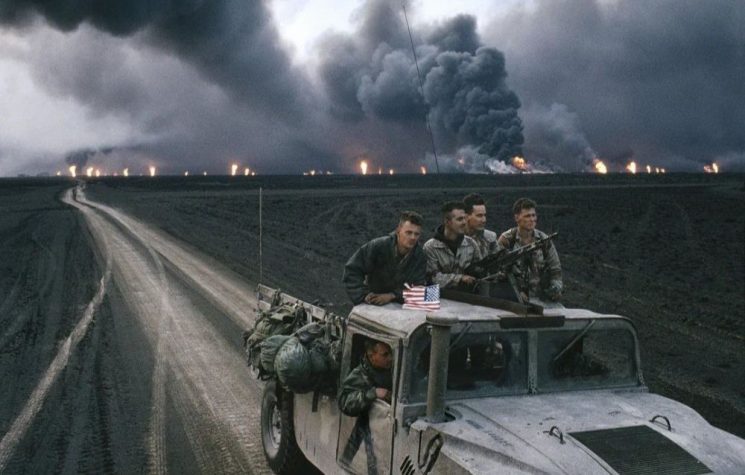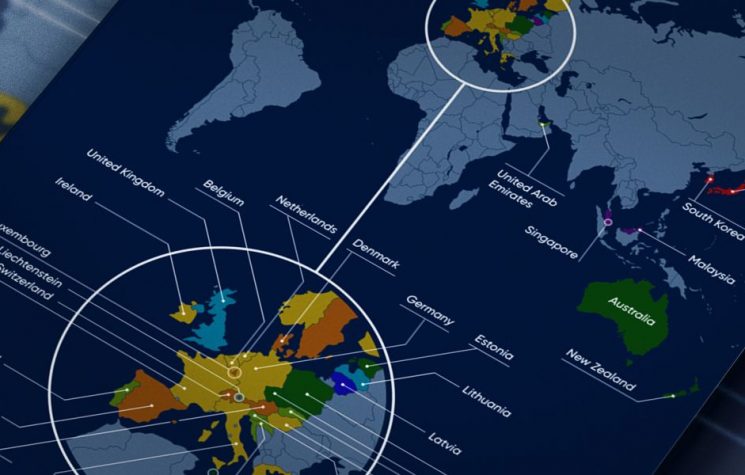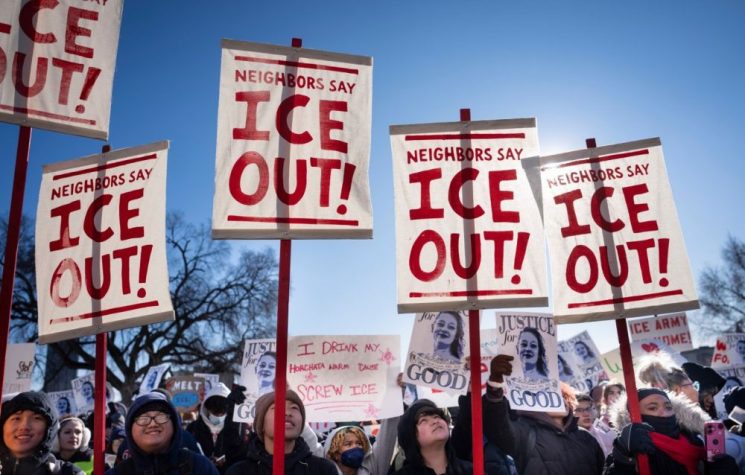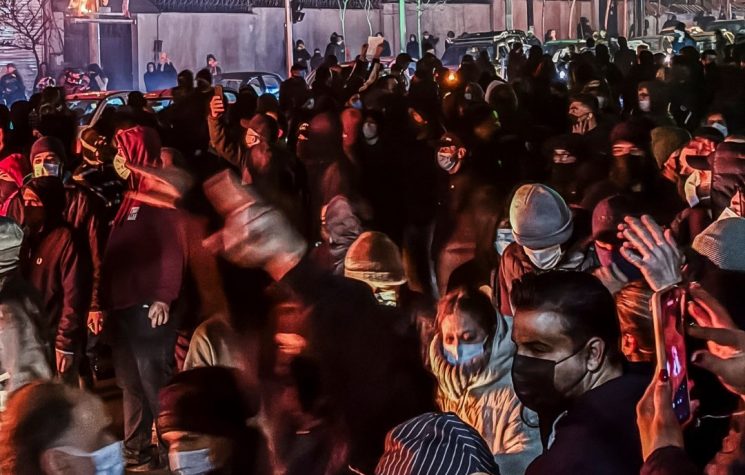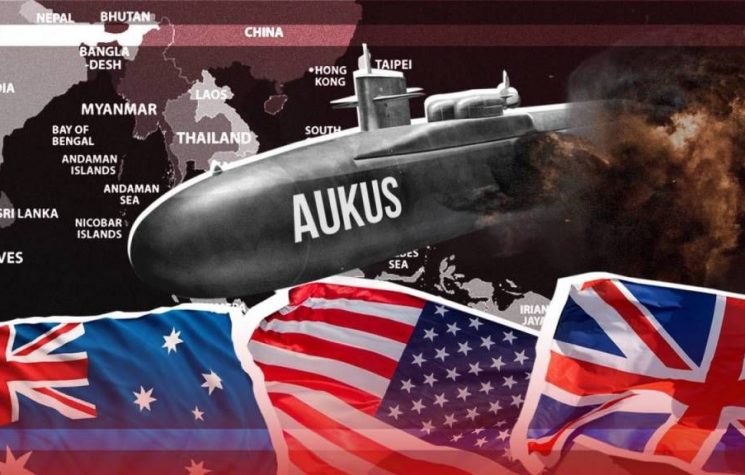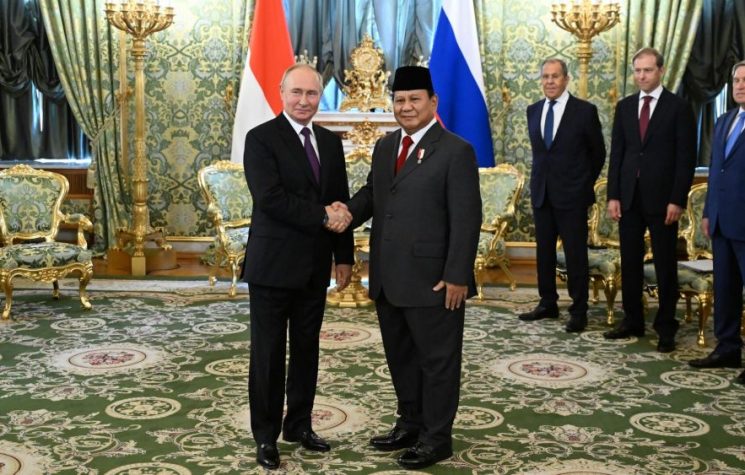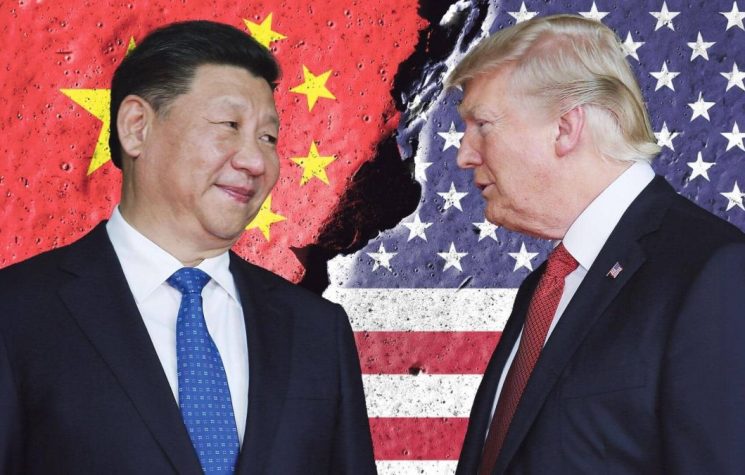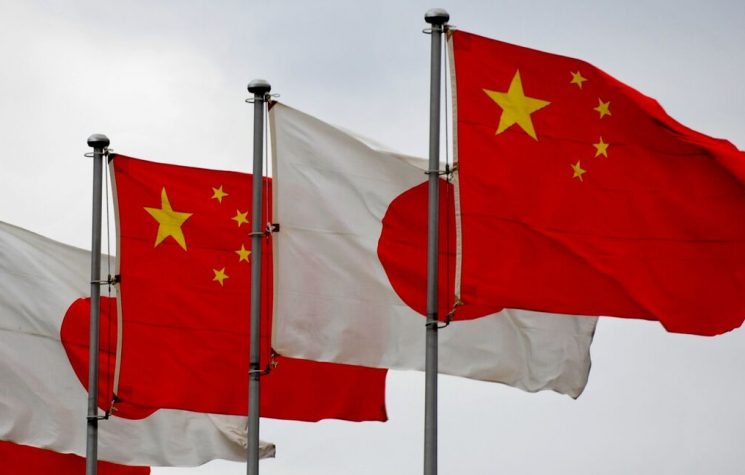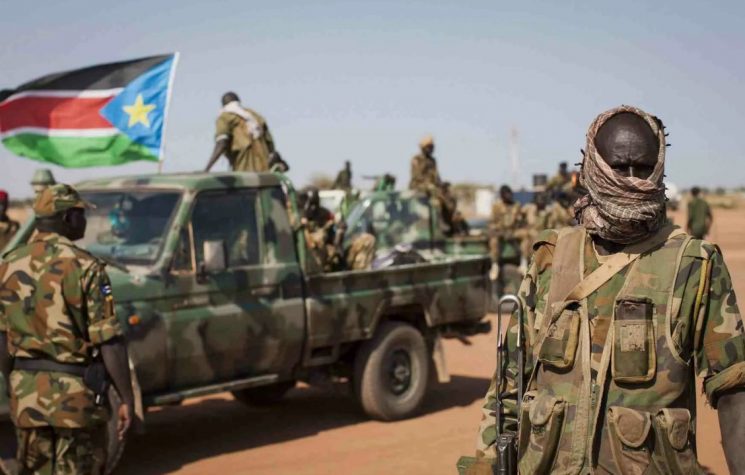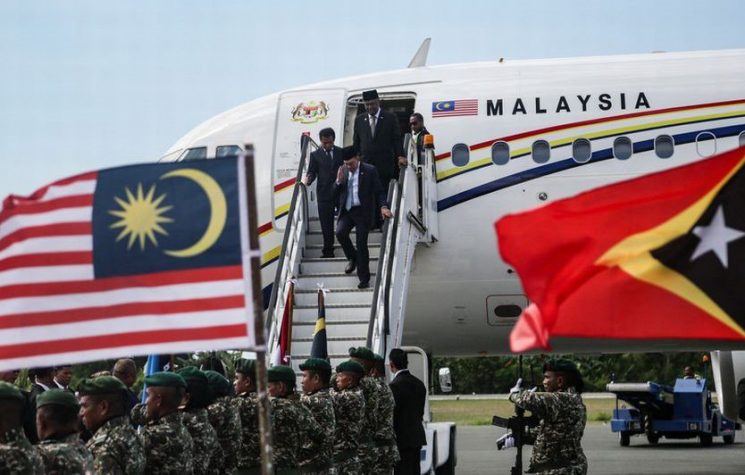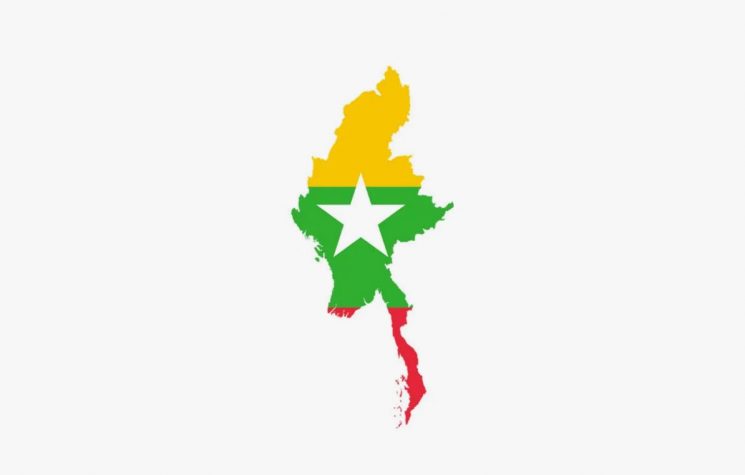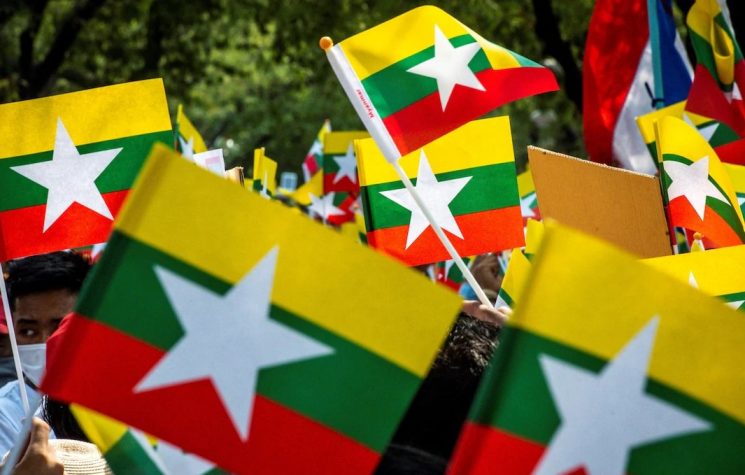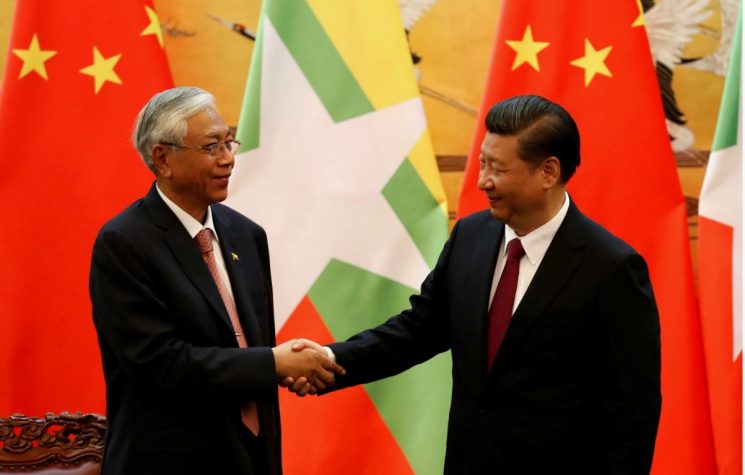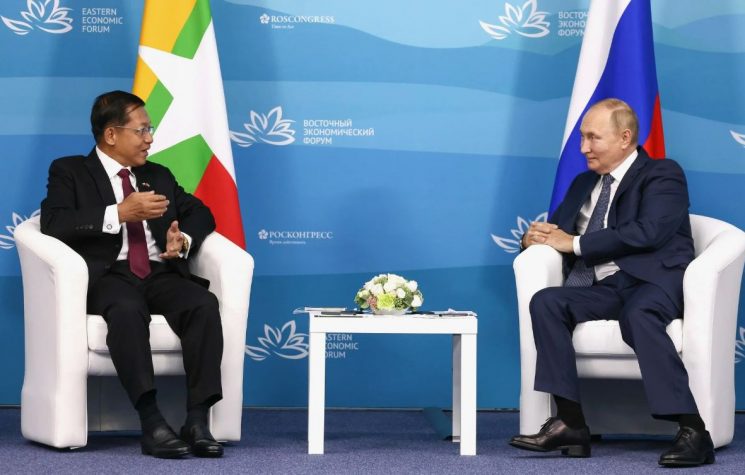The real U.S. objective is to exploit the turmoil in the country as a way to contain China and undermine Beijing’s strategic interests.
Contact us: info@strategic-culture.su
Myanmar’s civil war is in a critical phase where the ruling military government is losing significant territory to a broad coalition of insurgent armies. It is estimated that insurgents now control over half the area in the Southeast Asian country after nearly three years of conflict.
Washington views the conflict as an “unmissable opportunity” to topple the military rulers and restore an elected government. The real objective of the United States is not to support democratic politics in Myanmar or peace and stability, but rather to exploit the turmoil in the country as a way to contain China and undermine Beijing’s strategic interests.
In a set-piece interview with Time magazine published this week, President Joe Biden reiterated that Washington is pursuing a Cold War-style containment strategy against Russia and China. As the U.S.-led proxy war in Ukraine against Russia looks increasingly like a dead-end from the West’s perspective, one can expect Washington to up the ante by turning its focus more on hampering China as a geopolitical rival. In his Time interview, Biden provocatively talks about “defending Taiwan against a Chinese invasion”, and mobilization of other Asia-Pacific nations in a U.S.-led alliance to curb Beijing’s influence.
Myanmar is one such locus for the U.S. to exercise involvement and policies to foment problems for China which shares a southern border with this strategically important nation of 57 million people.
In a recent planning document, The Wilson Center, a U.S. government-owned think tank, urged a massive scaling up of Washington’s support for Myanmar’s insurgent paramilitaries under the remit of the newly enacted BURMA Act. The Wilson Center, whose most prominent public member is Secretary of State Antony Blinken, candidly endorses “increased support from the United States and like-minded allies and partners [that] could prove crucial in defeating the junta on a shorter timeline.”
Defeating the military government, according to Washington planners, is essential to “counter undue Chinese influence in Myanmar”. Referring to the regional Association of South East Asian Nations, the U.S. also aims to “ensure a more stable ASEAN and Southeast Asia” and “assist in the establishment of a democratic government in a region facing rising authoritarianism.”
In other words, Washington wants to contain China’s influence in Myanmar and forge the region for its geopolitical interests – albeit using virtue-signaling rhetoric about promoting “stability” and “democracy” over “authoritarianism”.
Myanmar is a linchpin nation in China’s ambitious Belt and Road Initiative for transcontinental trade and development. Beijing has invested heavily in its southern neighbor to build energy and transport infrastructure linking China with the Indian Ocean and to create an alternative commercial shipping route to the Malacca Strait. Dependence on the Malacca sea route can be seen as a huge risk for China because it is a chokepoint for international trade.
China has centuries of close cultural ties with Myanmar. In more recent times, Beijing was an important supporter of political independence from Britain in 1948 when the country was known as “British Burma”. It seems significant that the American positioning of itself as an ally is belied by invoking an antiquated colonial term for the Southeast Asian nation. The White House and Congress insist on referring to the colonial-era term “Burma” when the country officially changed its name to Myanmar in 1989, which the United Nations and most of the world recognize.
Since independence, Myanmar has seen decades of unrest between myriad ethnic groups and a checkered history of alternating between military and civilian rule. A military coup in 2021 ousted an elected civilian government led by Nobel laureate Aung San Suu Kyi. That crisis in turn escalated into a civil war between the military junta, the Tatmadaw, headed by General Min Aung Hlaing, and several insurgent armies.
A determined offensive last October by the three main opposition groups – the Three Brotherhood Alliance (3BA) – has put the military rulers on the back foot from the loss of large swathes of territory beyond the capital, Naypyidaw.
China has striven to maintain balanced links with all ethnic and civilian political parties as well as traditional ties with the country’s military. When Aung San Suu Kyi was in power in 2020 before the coup, China’s President Xi Jinping made a historic state visit during which the two leaders agreed on major trade partnerships.
It is not in Beijing’s strategic interest to take a partisan approach to the conflict in Myanmar. Above all, China’s priority is to see political stability prevailing in its neighbor. That is not just about protecting mega investment and trade projects. Border insecurity has spawned a lot of trouble for China from crime and illegal trafficking. To that end, at the start of the year, Beijing organized peace talks aimed at bringing the various antagonists to a consensus for governance.
However, the ceasefire deal brokered by China does not appear to be holding and there is ongoing violence in several regions.
As the Wilson Center planning document makes clear, it is in the U.S. interest to increase military and political interference in Myanmar to “ensure victory” for the insurgents over the junta. With a budget of several hundred million dollars under the BURMA Act, the Washington planners are aiming to boost military support for the various insurgent groups. At this stage, the equipment is cautiously described as “non-lethal aid”. But as other foreign interventions by the United States demonstrate, such aid is more often merely a wedge opening for eventual lethal supplies.
American covert involvement in Myanmar has a long history going back to the 1950s when the CIA exploited the country as a base for paramilitaries recruited from the Kuomintang, the nationalist faction defeated by the communists in China’s civil war in 1949. In 2007, during a previous episode of civil conflict in Myanmar, the CIA was accused of assassinating an ethnic Karen rebel leader who was negotiating a peace deal with the military government.
In another recent planning study by the more hawkish Jamestown Foundation, which is believed to have close links with the CIA, it was stated: “The struggle to end authoritarian rule in Myanmar is far from resolved and remains rife with challenges, including the risk of escalating regional and international tensions. A sudden breakthrough toward the overthrow of Myanmar’s junta seems exceedingly improbable. The only possibility for this would be a massive and intricate offensive by a larger alliance of militias… in such a way as to directly disrupt Myanmar’s capital, severely destabilizing the governing junta.”
This is a strident call for covert military intervention to escalate Myanmar’s civil war.
Another aspect of U.S. policy is to polarize the conflict in Myanmar and to portray China as being the sponsor of the military rulers in violent opposition to “pro-democracy groups” that the United States is supporting. This is a tried and trusted ploy straight from the U.S. playbook for regime change as seen elsewhere such as in Syria’s civil war or Ukraine leading up to the CIA-backed coup in 2014.
To that end, Western media aligned with Washington’s geopolitical agenda such as Radio Free Asia and the Murdoch-owned newspaper The Australian, are promoting the narrative that China is on the side of Myanmar’s dictators. Other Western media outlets disparage China as cynically “playing both sides”.
The reality is that China is trying to broker a peaceful settlement in a country that has long been beset with internal political problems. Many of those problems stem from the British colonialist legacy of sectarian divisions in Myanmar.
Ominously, the United States is threatening to crudely intervene in Myanmar’s civil war which could make the conflict more bloody and protracted. Because doing so is an “unmissable opportunity” for Washington to sabotage China’s policy of promoting good neighborliness and regional development.












